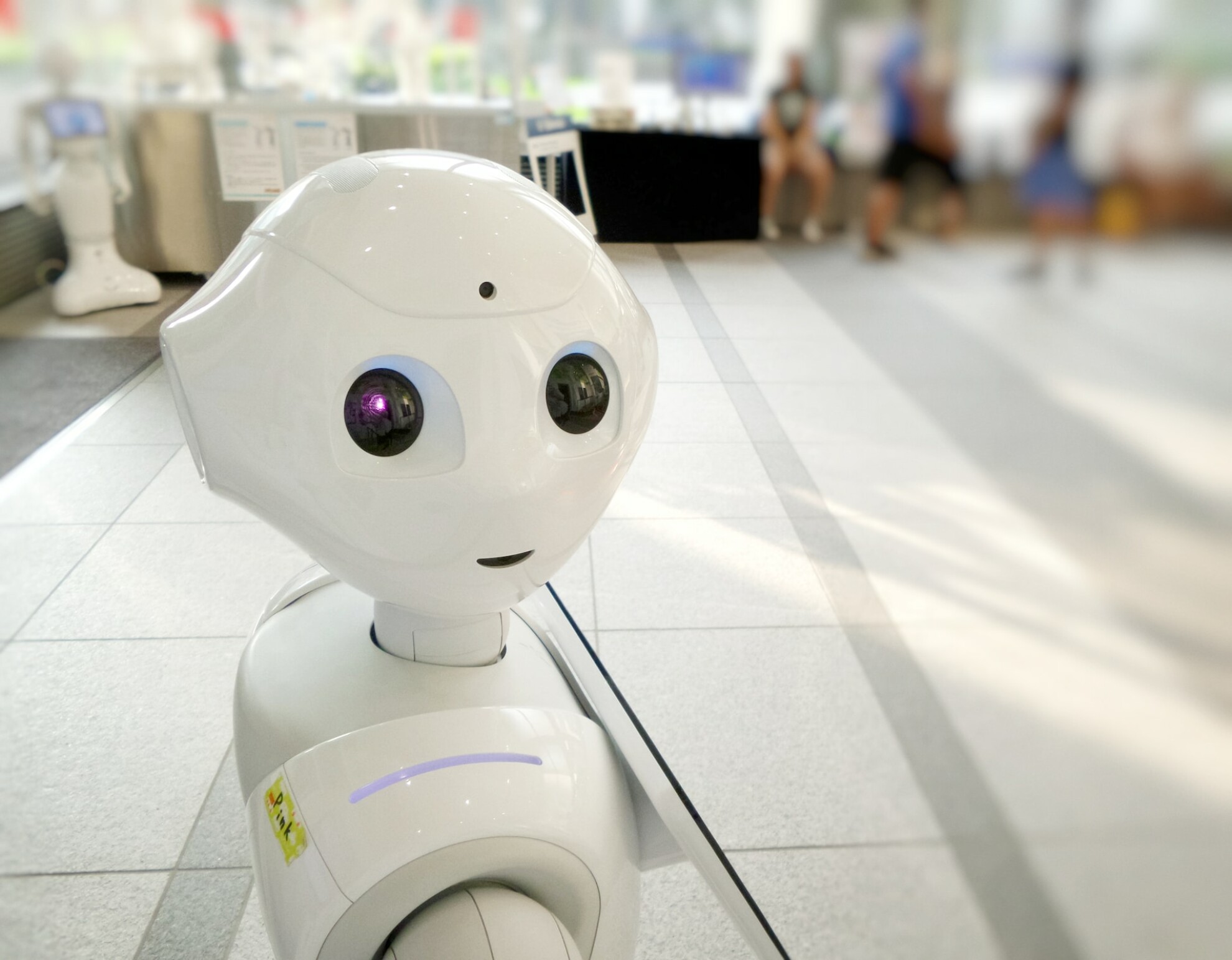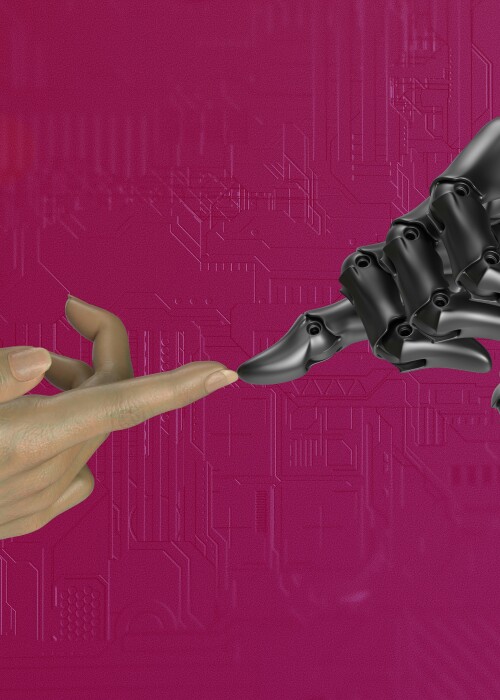
How can accountants and finance professionals harness artificial intelligence?
| 07/11/2023
Late last year, ‘AI’ or ‘artificial intelligence’ became the latest business buzzword. Since ChatGPT launched in 2022, the world of work started to change.
In 2023, AI is transforming the accountancy profession in many ways. AI can automate accounting tasks, making accountants more efficient and giving them time to focus on analysis, advisory, and strategic decision-making.
So how can accountants and finance professionals use AI, can they and should they?
How is AI used in the accountancy industry?
Charted accountants have embraced automation to improve the efficiency of their work. To date, technology has replaced expert knowledge and human decision-making.
AI in accounting is usually applied to execute challenging and mundane tasks that will streamline operations for your accounting practice. Its technology is powerful and can help accountants with tasks, including data analysis, financial forecasting, and fraud detection.
For accountants, AI can
- automate routine tasks
- improve accuracy
- speed up decision-making
- enhance collaboration
- provide insights and recommendations
- help accountants add value to their clients and businesses.
Should accountants embrace or fear automation?
AI is not a threat to accountants but rather an opportunity to augment their skills and roles. Accountants who use AI responsibly and effectively can gain a competitive edge.
Accountants can use AI to increase productivity and focus on more strategic, creative, and value-added tasks that need human intelligence. This includes:
- advising
- consulting
- problem-solving
- relationship-building
Accountants Daily reported a study by KPMG found that almost 60% of Australians distrust AI at work through tools such as ChatGPT. AI poses some challenges and risks for accountants, such as the ethical, legal, and social implications of AI, as well as the need for data governance and human oversight.
Far from being a technology that replaces accountants, AI in accounting should be seen as freeing up accountants from handling time-consuming and repetitive tasks. Used this way accountants can focus on elements, such as client-facing duties or tasks that need soft skills.
Should accountants harness Al?
Using AI and automation to free up time, can enable accountants to focus on valuable tasks such as:
- decision-making
- problem-solving
- advising
- business development
- strategy development
- relationship building
- leadership
Ways accountants can benefit from AI
Accountants apply their technical knowledge of accounting and finance to help businesses and stakeholders make better decisions. To support their decision-making and advice, accountants need high-quality financial and non-financial information and analysis. And AI can help in this area.
AI and expense and income tracking
AI can automate the process of recording and categorising expenses and income. By recognising patterns, AI can generate reports and insights from the data.
AI in Fraud detection
AI can detect and prevent fraud by analysing transactions and behaviours. AI can flag suspicious activities and alert accountants and auditors. It helps accountants with tasks including:
- internal control
- assurance
- forensic accounting
AI in data
AI can use historical data and external factors to predict future outcomes and scenarios. It can adjust forecasts based on real-time data and feedback. It helps accountants with tasks including:
- budgeting
- planning
- cash flow management
- risk assessment
AI and financial forecasting
AI can use historical data and external factors to predict future outcomes and scenarios. AI can adjust the forecasts based on real-time data and feedback.
Accountants and Generative AI
Generative AI is a type of artificial intelligence that can create or generate content, such as text, often based on patterns and examples it has learned from existing data. AI can create new content, such as reports, dashboards, or narratives. This can help accountants with tasks such as:
- communication
- presentation
- documentation
AI and data analysis
AI software for data analysis in accounting can help accountants with tasks including
- data entry
- data processing
- data visualisation
- data interpretation
Examples of AI software for accounting data analysis include:
- AccountsIQ is a cloud-based accounting software that streamlines financial data capture, processing, and reporting across locations. AI automates data entry, reconciliation, and consolidation.
- QuickBooks Online uses AI to help automate repetitive tasks for accountants and advisors. These tasks can include data entry, invoice processing and financial reporting.
- Planful is a financial planning and analysis software that helps accountants with budgeting, forecasting, and reporting. AI generates scenarios and insights from financial data.
Machine learning in accountancy
Machine learning is a subset of artificial intelligence that involves training computer systems to learn from data and make predictions or decisions without being programmed. Machine learning techniques lend themselves to improvements across all areas of accountancy and can equip accountants with powerful capabilities, as well as automate tasks and decisions. This could include
- using machine learning to code accounting entries
- improving the accuracy of rules-based approaches
- improving fraud detection through sophisticated, machine learning models of ‘normal’ activities
- better prediction of fraud
- using machine learning-based predictive models to forecast revenues
- improving access to, and analysis of, unstructured data, such as contracts and emails, through deep learning models.
The impact on the job roles and skills needed in accountancy
Accountants must adapt to the changing roles and skills required by AI. According to the World Economic Forum, some of the skills that will be in high demand in the future are:
- Technology skills: Accountants need to understand how AI works.
- Soft skills: Accountants need emotional intelligence (EI), communication, and negotiation skills.
- Business skills: Accountants will need to broaden their business knowledge and be more proactive, strategic, and add value. These skills will help accountants give better advice, consulting, and solutions for their firms and clients.
Thanks to the rise of AI, future accountants will have data skills, and the ability to analyse data for critical decision-making.
The AI evolution means chartered accountants with AI knowledge can adapt to changing roles within their accountancy practice or business. In the coming decades, AI will take over more decision-making tasks from humans not only accountants.


